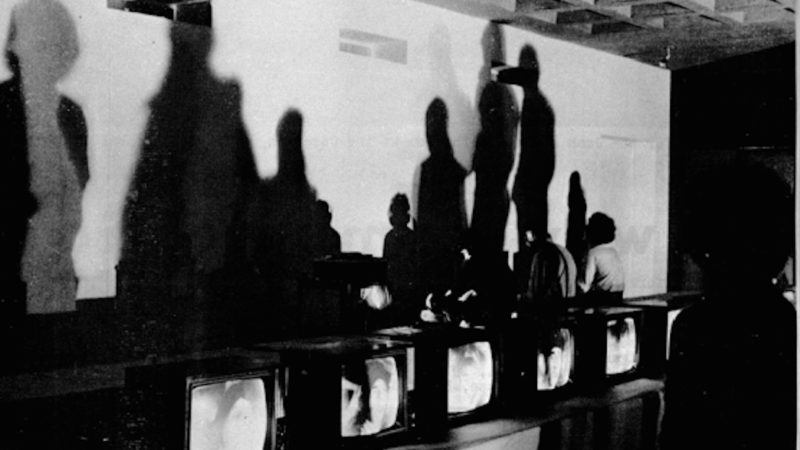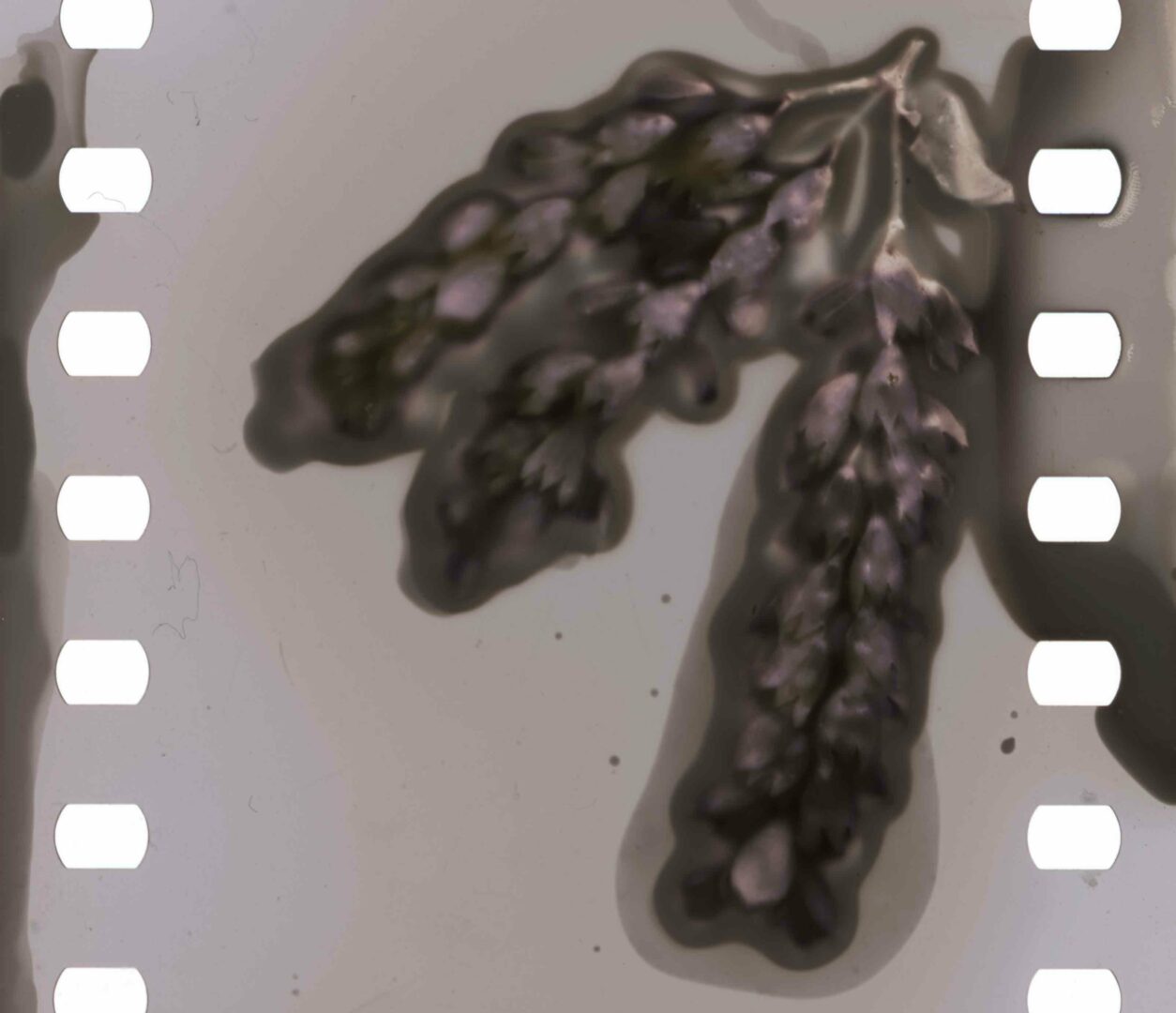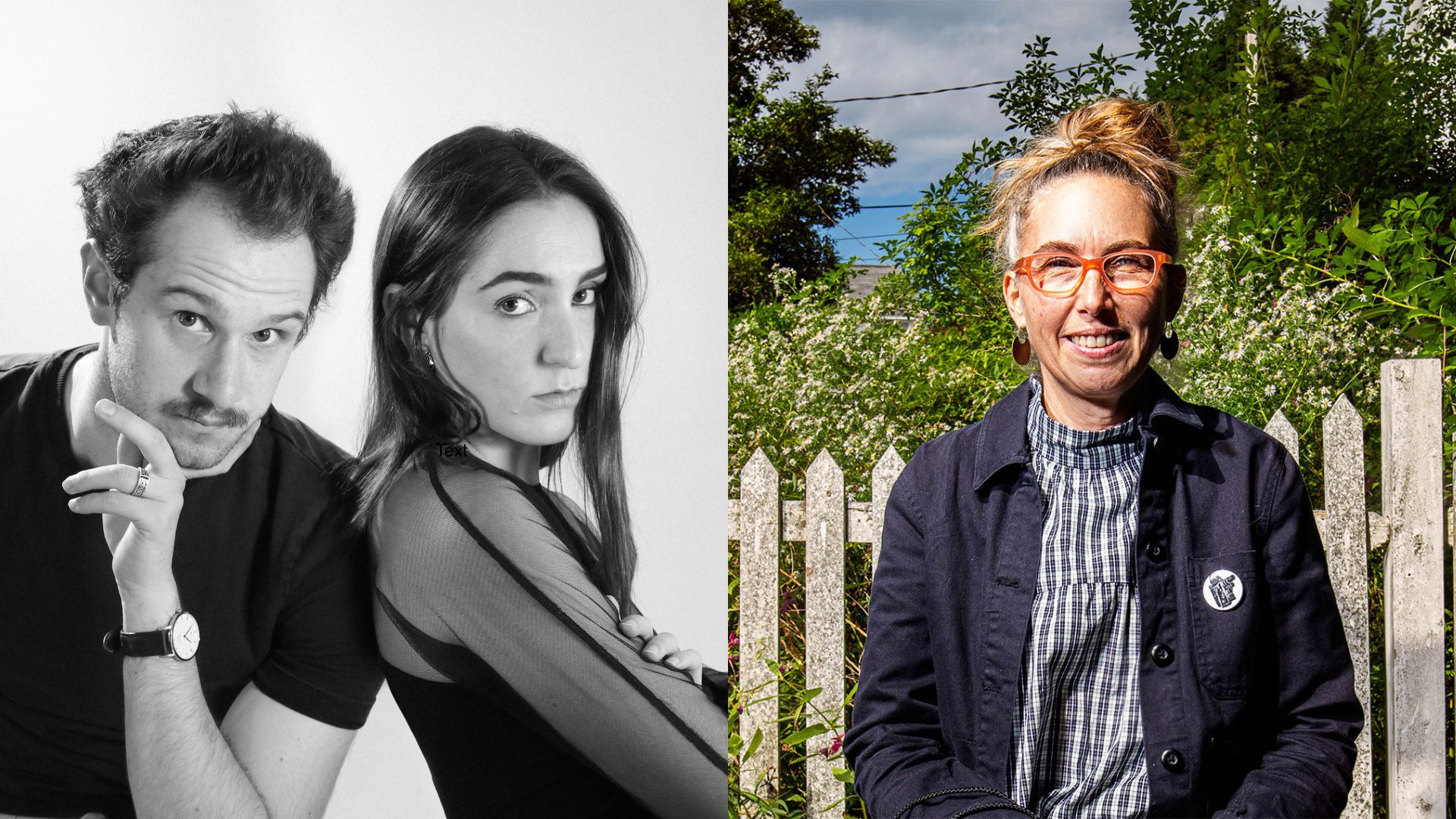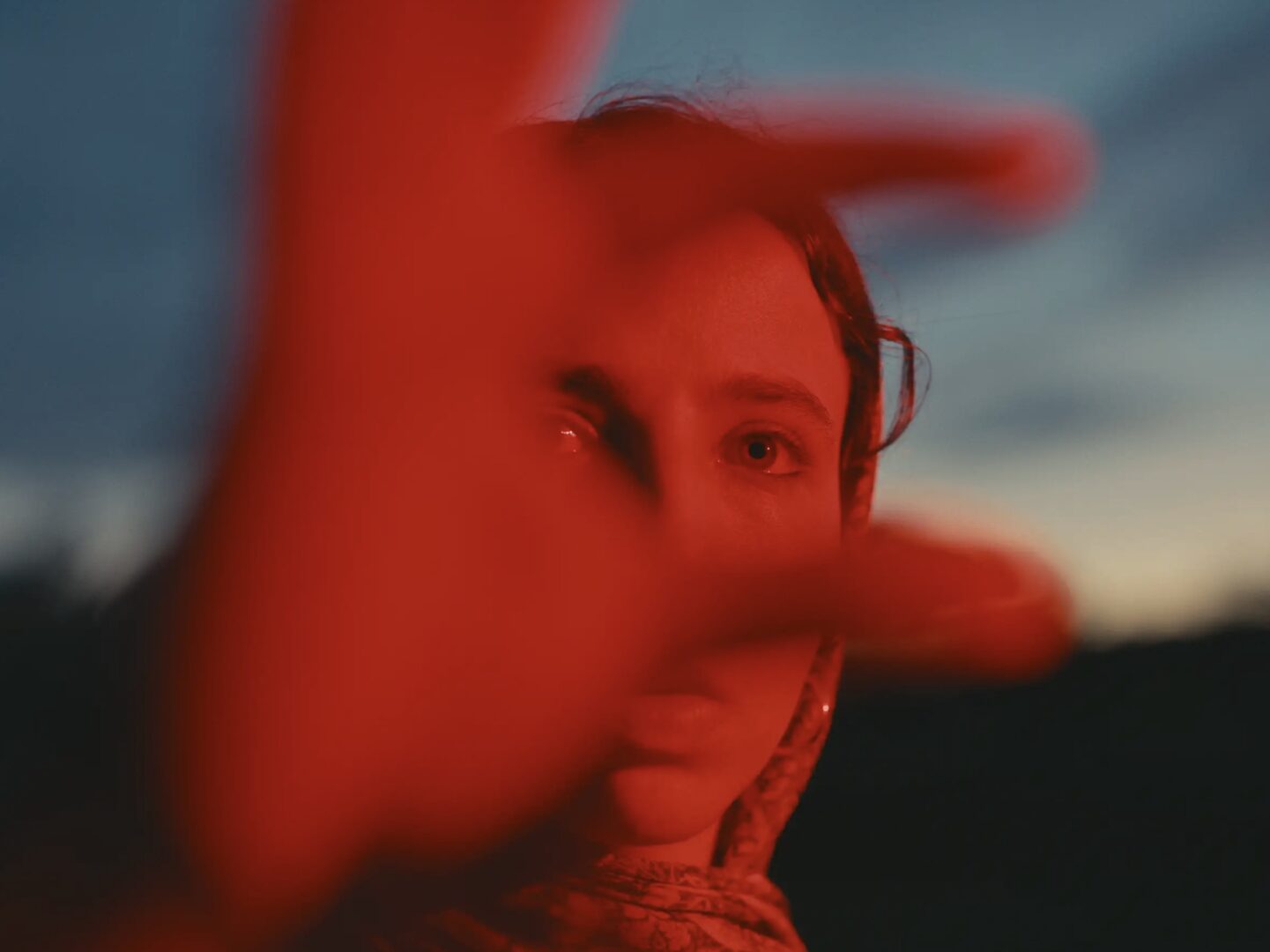
- This event has passed.
Send Blank Tape: Radical Software magazine and early video distribution networks
October 6, 2016 @ 4:30 pm– November 1, 2016 @ 6:30 pm EDT


Opening: October 6, 8:30pm – 10:30pm
On View until November 1
@ Squeaky Wheel
Guest curated by Liz Flyntz
General Admission
Based on Radical Software, the first periodical devoted to video, this survey presents some of the very earliest video art in existence. Previously hosted at Pioneer Works in Brooklyn, Squeaky Wheel is proud to feature this exhibition for a one-month run in conjunction with the Buffalo International Film Festival. Curator Liz Flyntz will join us for the opening and deliver remarks on the exhibit.
“This installation mines Radical Software, the first periodical devoted to video, to present a survey of the very earliest video art in existence. In the earliest days of video, the lines between art, documentation, journalism, and experimentation were either not yet existent or intentionally blurry. In this exhibit, an array of videos are shown made by collectives and individuals active in the early video exchange network facilitated and promoted by Radical Software magazine. This collection of videos (some of which have never before been publicly screened) are examples of the range and depth of creative production made possible by access to video technology. Video made moving image media fast, accessible, and relatively cheap. While the visual quality of the medium wasn’t always great, playback could be immediate, allowing for instant results. Video is traditionally intended as a small screen medium, to be viewed by individuals or intimate groups, rather than the cinema model of large audiences focused on a big projected image. In Send Blank Tape the videos are presented in the spirit of the early 70s Friday night video-screening parties held in the Prince Street, SoHo loft inhabited by members of the video art collective Videofreex. Included in this presentation are works by the aforementioned Videofreex, as well as individuals and collectives such as Raindance, Ant Farm, John Reilly, Community Video, and Ladies Home Journal. Special thanks to Pioneer Works for supporting the first version of this exhibit.” – Liz Flyntz
Ant Farm
Truck Stop Network
Selection from: Media Van at Tulane, Tony Romeo at Yale
1970-72, 9 mins
Created by the experimental media and architecture group Ant Farm to document a cross-country trip taken by the group’s members in their newly outfitted Media Van, the goal of which was to visit like-minded creative communities. At various locations they presented video screenings, performances, and temporary inflatable structures.
Video courtesy of Chip Lord (Ant Farm: Chip Lord, Hudson Marquez, Doug Michels, Curtis Schreier)
Community Video
Harrisburg 8
1972, 30 mins.
A documentary about the trial of a group of Catholic anti-Vietnam protesters charged with a conspiracy to commit terrorist acts. The defendants (several of whom were priests) were indicted on federal charges of conspiring to kidnap Henry Kissinger and blow up several federal buildings in Washington, D.C.
Video and synopsis courtesy of MediaBurn.org (Community Video: Len Ackland, Karl Purnell, and Maurice Jacobsen)
Antioch Communications Study Center
Ladies Home Journal
197?, 32 mins.
This collection of works was produced by women students at Antioch College, Yellow Springs; individual segments produced by Sarah Linquist (Winter Rides), Natalie Hau (Geodesic Dome), Dinah Lehove (September 2), Becky Nordstrom (You’re So Vain), Lissy Gregory (Sam Out The Window), Martha Miller (Falling Down), Carol Andrew (Good Morning Heartache), Chris Baldwin (Madness), and Judy Kredginowski (Dog Repair).
Courtesy of MediaBurn.org
John Reilly
The Ballad of AJ Weberman
Produced by Global Village
1969, 19 mins.
John Reilly, along with Rudi Stern, was co-founder of Global Village, one of the first public locations where independent and underground video was screened in the late 60s. In this character the documentary writer, Bob Dylan enthusiast, and coiner of the term “Dylanology,” A.J. Weberman sorts through Dylan’s garbage outside of his New York apartment in order to explain his methods of gathering and interpreting Dylan data. Bookended by David Peel & The Lower East Side Band playing “The Ballad of A.J. Weberman.”
Synopsis and video courtesy of MediaBurn.org
John Reilly & David Sasser
Mental Patients Resistance
Produced by Global Village
197?, 27 mins
A documentary about a group of formerly hospitalized patients on a quest to change the inhumane practices at psychiatric institutions. Includes “man on the street” interviews, as well as confrontations between patient-activists and doctors that are revealing about changing attitudes towards mental illness during the 1970s. This documentary shows the influence of both (Scottish psychiatrist and reformer) R.D. Laing’s writings and (American documentarian) Frederick Wiseman’s seminal film Titicut Follies, which was banned just a few years before.
Synopsis and video courtesy of Media Burn.org
Media Access Center
Whole Earth Demise Party
Co-produced with Ant Farm and Raindance
1972, 30 mins.
This video documents the Whole Earth Catalog Demise Party held at the Exploratorium in San Francisco. Creator Stewart Brand organized the event to debate the best use of the twenty thousand dollars profit held by Whole Earth (a counterculture magazine and catalog dedicated to ecology and DIY ethics). Various individuals lobby for serious and satirical causes, including Paul Krassner (original Merry Prankster and founding Yippie). Followed by a segment with Brand [being interviewed] on the Dick Cavett Show.
Synopsis and video courtesy of MediaBurn.org (Media Access Center: Shelley Surpin, Richard Klettner, Pat Crowley, Allen Rucker)
Videofreex
Each Videofreex “show reel” of shorts is an all-new compilation created for this exhibition by Skip Blumberg (Videofreex). Highlights include early video feedback experiments, documentation of the 1971 Mayday protests in DC (during which over 12,000 people were arrested – still the largest mass arrests in US history), footage of the Mayday protesters inside jail, the last interview with 21-year-old Black Panther leader Fred Hampton, legendary Yippie Abbie Hoffman, sci-fi author Arthur C. Clarke, footage from the first pirate TV station broadcasting from the Videofreex collective house in upstate Lanesville, NY, sex, drugs, video art, and so on.
Video courtesy of Videofreex (Videofreex: David Cort, Parry Teasdale, Mary Curtis Ratcliff, Nancy Cain, Chuck Kennedy, Skip Blumberg, Davidson Gigliotti, Carol Vontobel, Bart Friedman and Ann Woodward)
1969-1976, 16 mins.
Special Effects Experiments; Subject To Change Excerpts: Circo Dell’arte (Mash Up With Morgan, Mason And Downs: Round And Round), Norman Taffel/70 Grand St Contact Improv Rehearsal Documentation, Martin’s Magic Pillow (With A Massive Ant Farm Inflatable); Mayday 1971 (Excerpt); Davidson’s Jail Tape; What’s That For?; Me’s And Youse; Soup In Cup
1969-1975, 16:20 mins.
Subject To Change Mashup 2012, Including Chicago Travelogue: Weathermen Protest And Street Interviews In Chicago Mixed With Abbie Hoffman (Yippies) Interview; [Black Panther] Fred Hampton Interview; After The Bar (X-Rated); It’s Gonna Rain; Laser Games; Lanesville Tv On Vtr Excerpts: Opening, Oriental Magic Show With A Man In A Box And A Barbarian, Live Phone Call In Studio
About the curator
Liz Flyntz is a curator and writer based in Brooklyn, NY. Focussed on media and systems-based art, she has organized exhibitions, screenings, and symposia around the US and in Germany.
Most recently, she curated an exhibition exploring the time capsule projects of seminal media art and architecture group Ant Farm and their contemporary successors, LST, at Pioneer Works in Brooklyn. This exhibition, titled The Present is the Form of All Life: The Time Capsules of Ant Farm and LST, was the recipient of an NEA Art Works grant and is accompanied by a forthcoming publication, to be distributed by DAP.
In 2014 she first presented the exhibition SEND BLANK TAPE: Radical Software Magazine and Early Video Distribution Networks as an installation of early video at Pioneer Works. Since then, she has presented a variable program of these works at several locations, including Brooklyn’s Union Docs, Buffalo’s Squeaky Wheel, and Baltimore’s long-standing experimental venue Red Room.
In 2013 she organized an exhibition of public interventions in conjunction with Media Cities, an international media art, architecture, and urbanism conference hosted by the Architecture Department at SUNY Buffalo. In 2012 and 2013, she co-curated Time Mutations, a two-part international exhibition “exchange program” between the Bauhaus University Weimar and SUNY Buffalo. In 2007 she was the recipient of a Warhol Foundation Curatorial Initiative Grant for the exhibition Sloganeers, presented at DCAC. Between 2006 and 2008, she acted as the performance and music curator for Baltimore’s Current Gallery.
Her writings on technology and art, media art history, and interviews with contemporary media artists have been published by Afterimage, The Creators Project, and Intercourse. She has a BA from Antioch College, an MFA in Media Study from SUNY Buffalo, and studied Media Art and Culture at the Bauhaus University.
Liz also designs media spaces and user experiences as an independent information architect.



